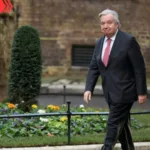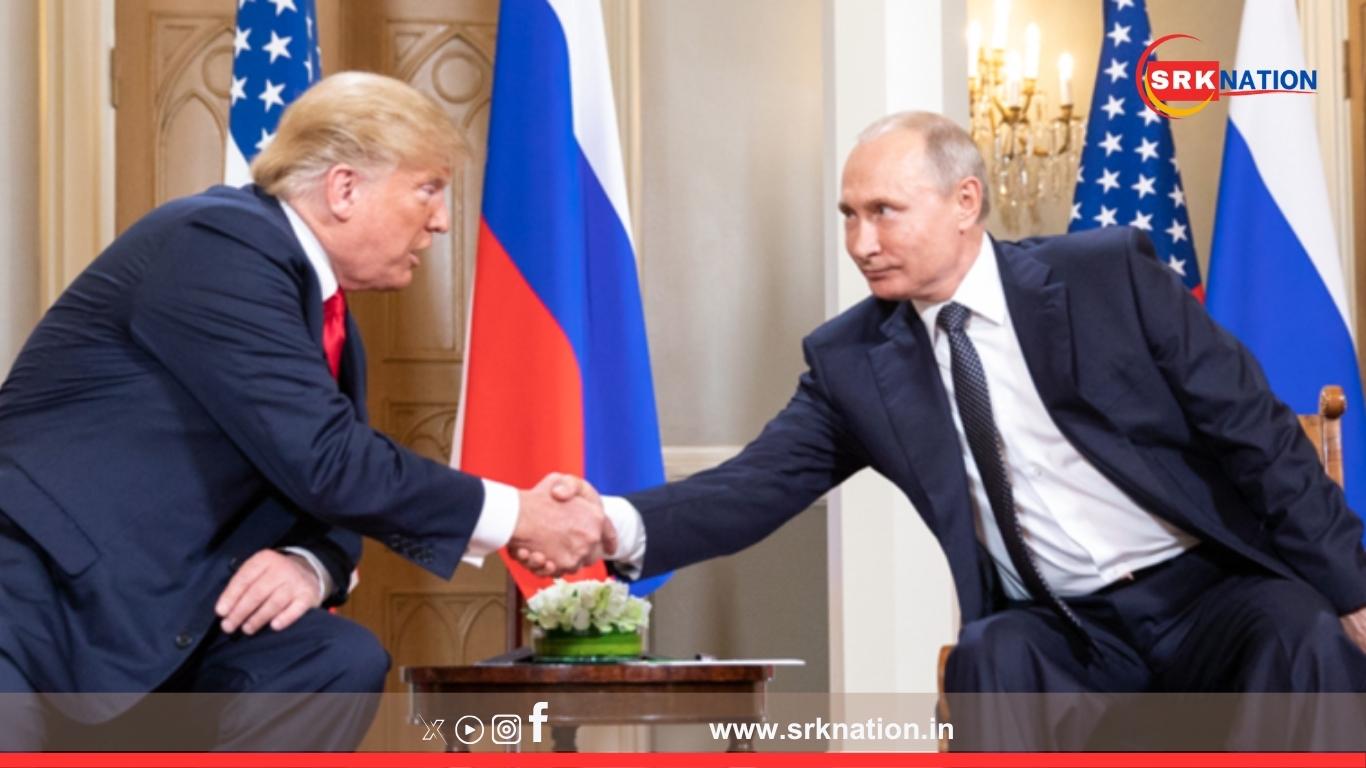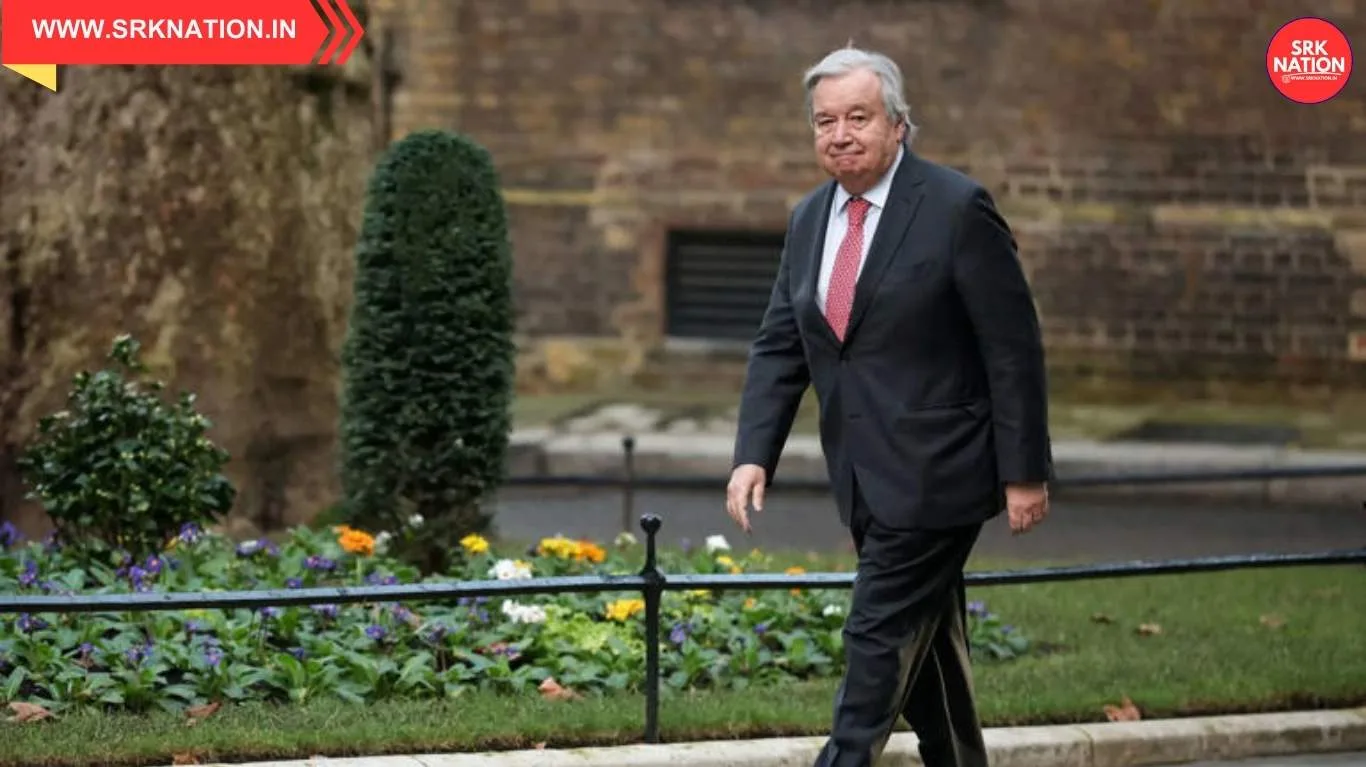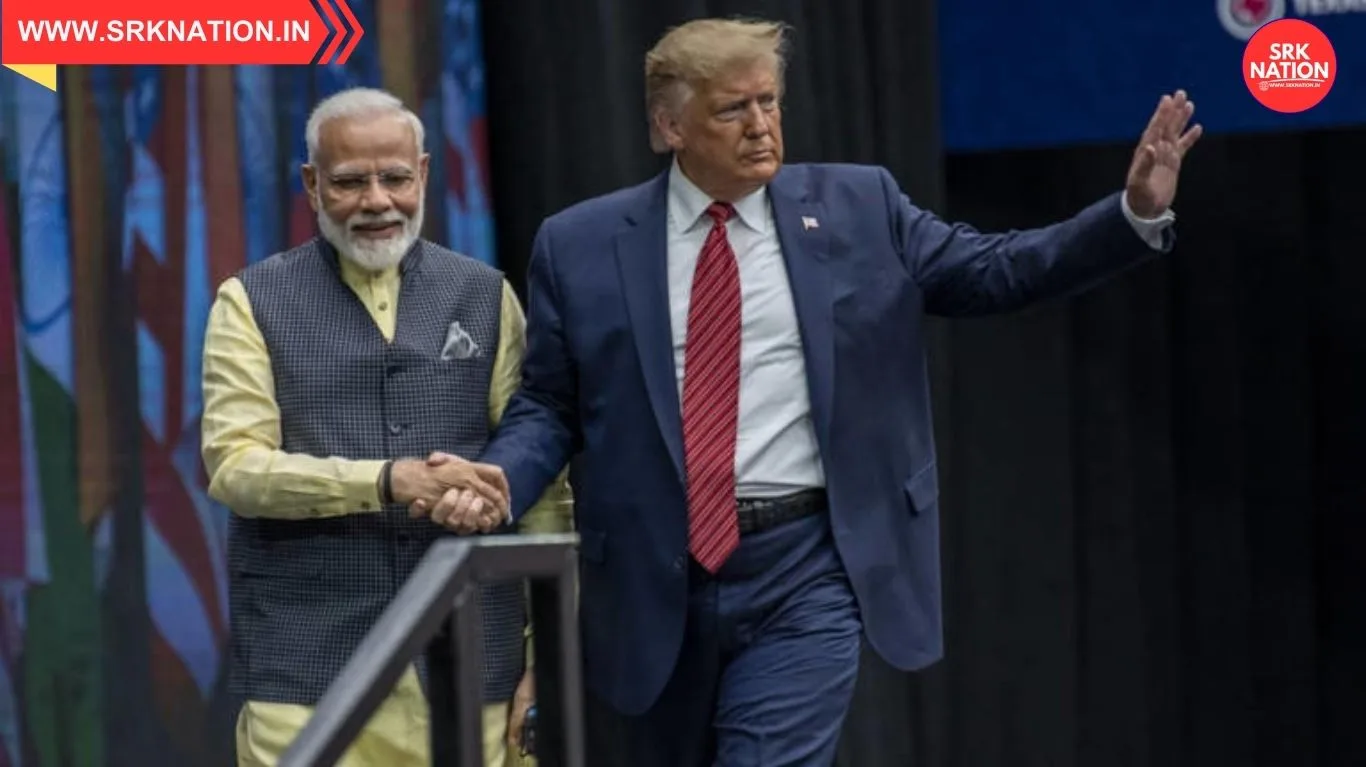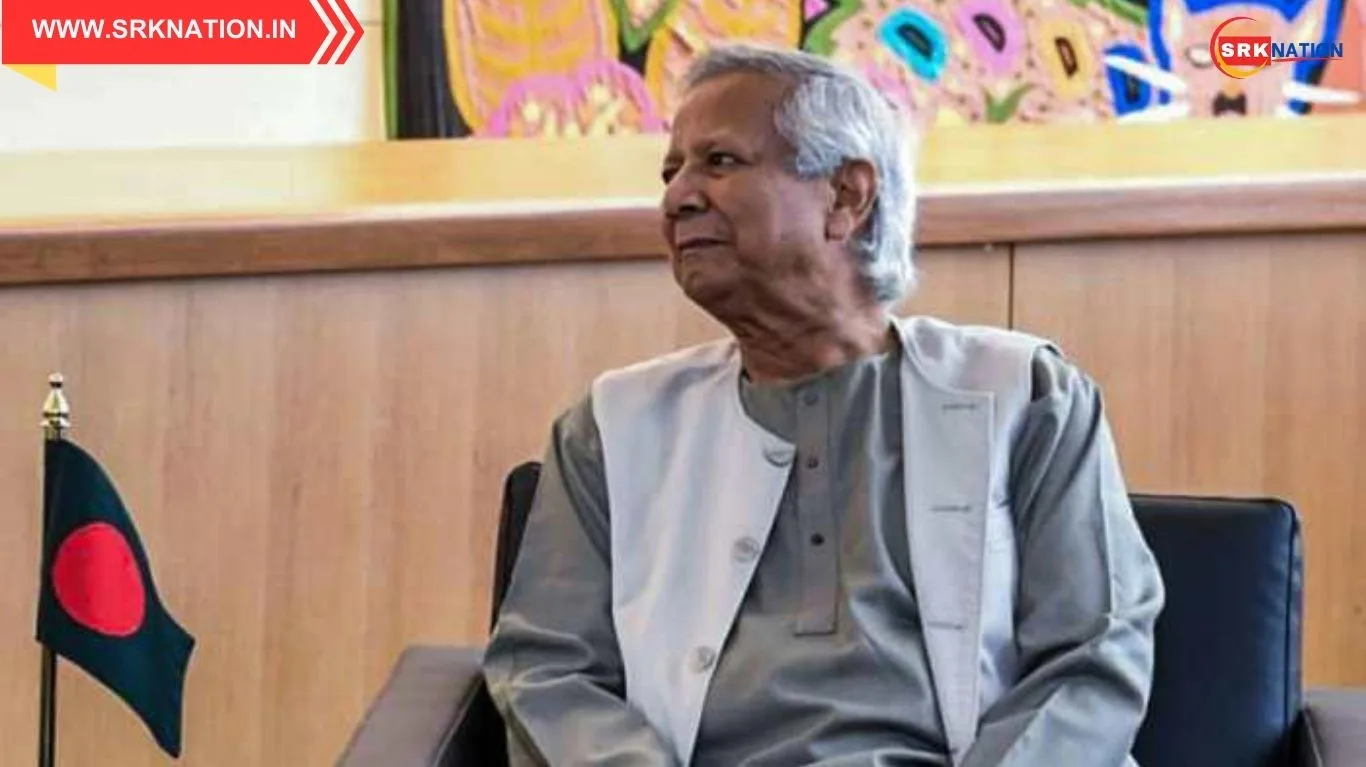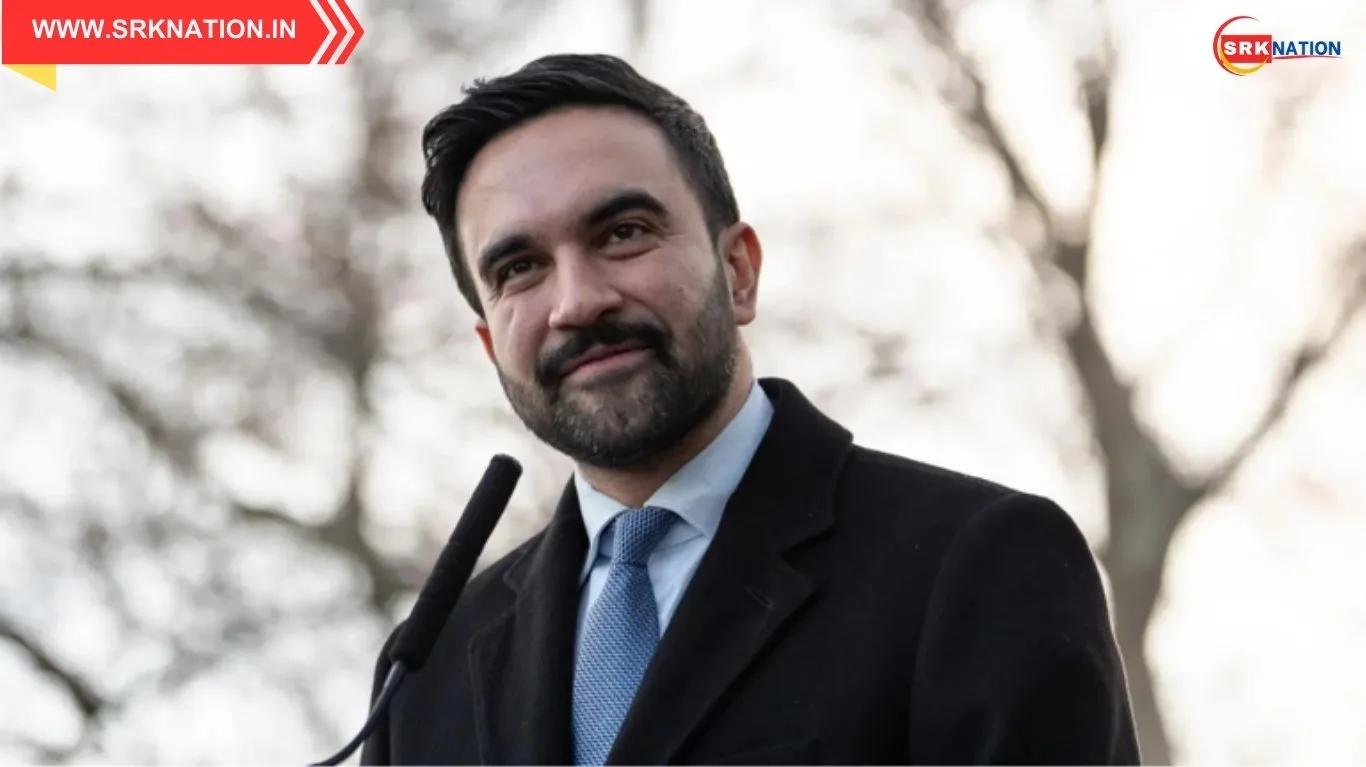In a significant geopolitical development, the United States has lifted key sanctions that were blocking the Russian state nuclear corporation Rosatom’s involvement in Hungary’s Paks II nuclear power plant project. This move is expected to strengthen Hungary’s energy ties with Russia, even as most European Union nations continue distancing themselves from Moscow due to the ongoing Ukraine war.
Background: What Is The Paks II Project?
The Paks II nuclear power plant is an expansion of Hungary’s existing Paks nuclear facility, located about 100 km south of Budapest. It aims to build two new VVER-1200 nuclear reactors, each with a capacity of 1.2 GW, doubling Hungary’s nuclear power output and ensuring energy security till at least 2080.
| Parameter | Details |
|---|---|
| Project name | Paks II Nuclear Power Plant |
| Capacity addition | 2 x 1,200 MW |
| Technology provider | Rosatom, Russia |
| Total project cost | €12.5 billion |
| Funding | €10 billion Russian state loan + €2.5 billion Hungarian investment |
| Expected completion | First unit by 2030, second by 2032 |
Why Were Sanctions Blocking The Project?
In December 2023, the US Treasury imposed sanctions targeting Rosatom subsidiaries involved in global nuclear construction and technology transfers, due to:
- Russia’s continued invasion of Ukraine, with energy exports funding Moscow’s war machine.
- Strategic concerns over Rosatom’s nuclear influence in Europe, potentially giving Russia political leverage.
The sanctions blocked key equipment deliveries, financial transactions, and European subcontractors’ participation, halting work on the Paks II site.
What Changed? US Decision To Lift Sanctions
On Friday, US Secretary of State Antony Blinken signed an executive waiver removing specific sanctions on Rosatom subsidiaries directly engaged in the Paks II project.
Official Statement
The US State Department said:
“In consideration of Hungary’s sovereign energy security requirements and EU nuclear safety oversight, sanctions have been lifted to allow the Paks II project to proceed under strict transparency conditions.”
Hungary Welcomes The Move
Hungarian Prime Minister Viktor Orbán, known for his pro-Russia tilt within the EU, hailed the decision as a “victory for Hungarian sovereignty and common sense over geopolitical confrontation.”
Speaking at a press conference in Budapest, Orbán said:
“Hungary needs reliable, affordable energy. Nuclear power is essential to achieve climate goals and reduce dependence on unreliable foreign gas markets. We thank the US for respecting our national interests.”
Russia Reacts Positively
Rosatom’s Director General Alexey Likhachev expressed satisfaction, saying:
“The lifting of sanctions on Paks II will ensure timely construction of the reactors. Rosatom remains committed to delivering safe, modern nuclear power to Hungary.”
The Russian Foreign Ministry also welcomed the decision, noting it as a “pragmatic step despite overall Western hostility.”
European Union’s Mixed Reactions
The European Commission reiterated that:
- Nuclear energy is part of EU’s green transition, but
- Strategic dependency on Russia remains a security concern.
Some EU diplomats criticised the US move, warning it may “weaken European unity” on isolating Russia economically.
Strategic Importance Of Paks II
- Energy Security: Hungary imports over 80% of its energy needs, with Russian gas as a major source. Nuclear energy reduces exposure to fossil fuel market volatility.
- Economic Boost: The €12.5 billion investment will generate thousands of jobs in construction, maintenance, and nuclear operations.
- Climate Goals: The two new reactors will reduce Hungary’s CO2 emissions by 17 million tonnes annually, helping meet EU decarbonisation targets.
Critics Raise Concerns
Hungarian opposition parties and environmental groups argue that:
- The project increases Russian geopolitical influence in Hungary for decades.
- Loan repayments to Russia will create long-term financial dependency.
- Nuclear waste disposal remains an unresolved environmental risk.
Anna Horváth, Green Party MP, said:
“Orbán is mortgaging our future to Russia. Renewable energy investments could provide cleaner, safer alternatives without political strings attached.”
Russia’s Rosatom: A Global Nuclear Powerhouse
| Parameter | Details |
|---|---|
| Founded | 2007 (state corporation) |
| Global market share | ~20% of nuclear reactor construction |
| Projects | Turkey (Akkuyu), Egypt (Dabaa), India (Kudankulam), China, Bangladesh |
| Revenue (2023) | $27 billion |
| Employees | 290,000+ worldwide |
Rosatom has been immune to full Western sanctions due to its dominant role in nuclear fuel supply chains, including providing enriched uranium to many European reactors.
Geopolitical Implications Of The US Decision
1. Hungary-Russia Ties Strengthened
Despite EU’s attempts to isolate Russia, Hungary continues:
- Supporting Russian energy projects.
- Opposing new EU sanctions on Rosatom.
- Blocking Ukrainian NATO membership fast-tracking.
2. US-Hungary Relations Normalising?
Some analysts view the waiver as a diplomatic concession to Budapest, which has often criticised US policies under President Biden.
3. EU Energy Diversification Goals Impacted
Western strategists worry this may undermine EU’s push to reduce Russian energy imports by 2030.
Expert Opinions
Dr. Balázs Fekete, Energy Policy Expert, Budapest University:
“This is a pragmatic decision. While geopolitics remains tense, energy cannot be held hostage forever. Hungary cannot achieve climate goals without nuclear power.”
Edward Lucas, Senior Fellow, CEPA (US Think Tank):
“This move weakens Western efforts to economically isolate Russia. Rosatom revenues continue funding the Kremlin’s war machine.”
Future Of The Paks II Project
With sanctions lifted:
- Construction work will resume immediately, according to Hungary’s energy ministry.
- First reactor is expected to be operational by 2030, pending EU nuclear safety clearances.
- Hungary will remain the only EU nation building new Russian-designed nuclear reactors, highlighting Orbán’s strategic defiance.
Broader Context: Nuclear Energy Amid War
The Russia-Ukraine war has divided Europe on nuclear policies:
| Country | Position |
|---|---|
| Germany | Shut down all reactors in 2023 (Energiewende policy) |
| France | Investing in new small modular reactors (SMRs) |
| Finland | Cancelled Rosatom nuclear deal post-Ukraine invasion |
| Hungary | Expanding Russian-designed nuclear capacity |
| Poland | Building first nuclear plant with US technology |
Conclusion
The US decision to lift sanctions blocking Russia’s involvement in Hungary’s Paks II nuclear project is a watershed moment in European energy geopolitics. While it ensures Hungary’s energy security and decarbonisation goals, critics warn it strengthens Russia’s economic base during its ongoing aggression in Ukraine.
As Hungary resumes construction, the world watches to see whether this signifies a shift towards pragmatic energy cooperation despite geopolitical hostilities, or a loophole that undermines Western unity against Moscow’s military adventurism.
Disclaimer: This article is based on official statements from the US State Department, Hungarian and Russian government releases, and expert interviews as of June 30, 2025. Geopolitical implications are subject to change as the Russia-Ukraine war continues to evolve.



